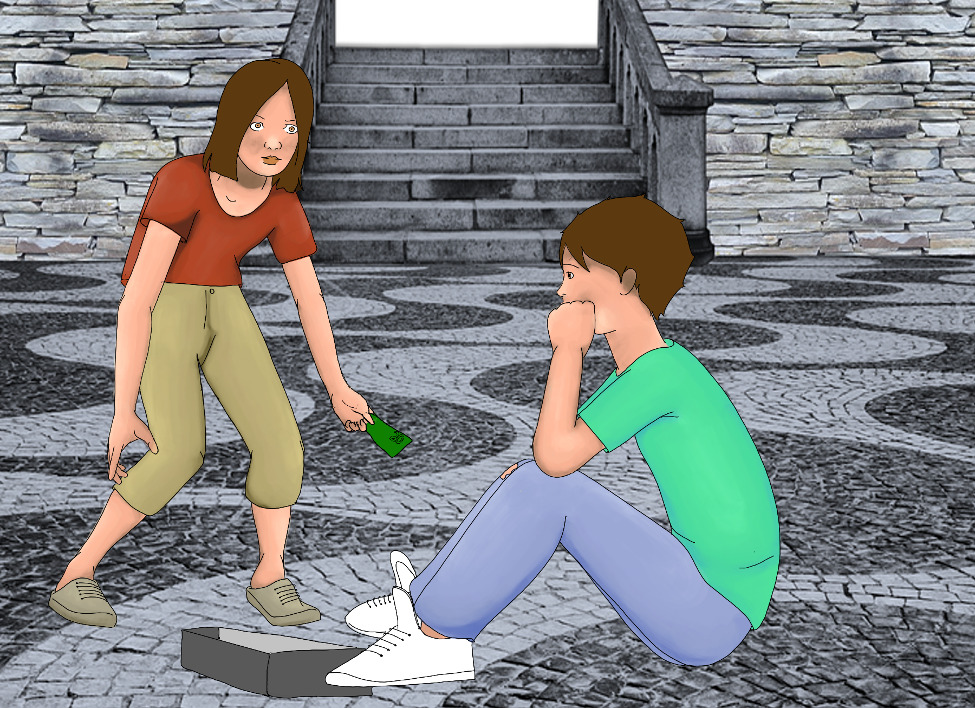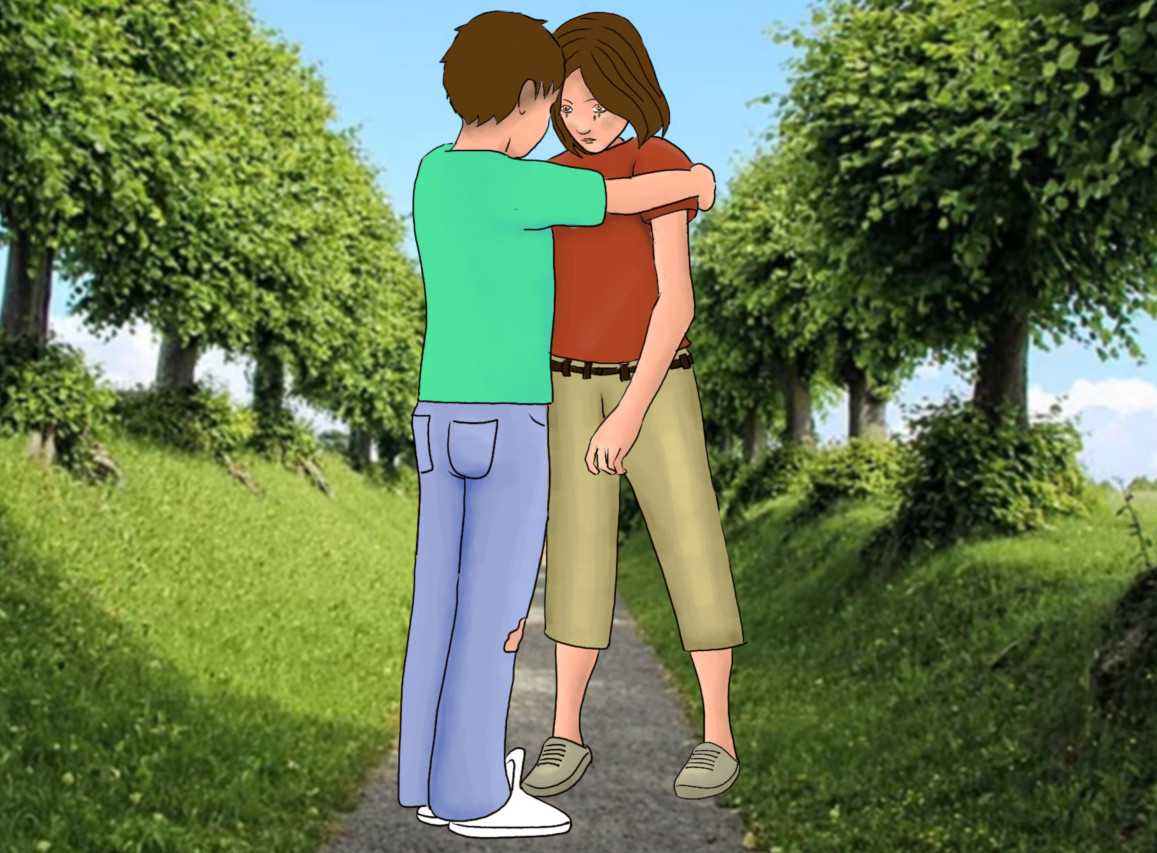Be nice to everyone, always smile, and appreciate things because it could all be gone tomorrow, Ed Sheeran.
If you want to be happy and a nice person consider the following ideas:
- You are beautiful, special, and unique, and better yet, you can make the world a better place -you can make a difference!
- Be sincere and honest. “Personal integrity is important, not because it gets us what we want, but because it helps us be what we want,” Michael Josephson. On the contrary, if you lose your integrity, you’ve lost everything.
- Be selfless and generous. It is more blessed to give than to receive. Share with those in need. Sharing is caring. Volunteer and give donations to NGOs. NGOs are value-based organizations that depend on charitable donations and voluntary service.

- Be careful about donations, because a lot of money is wasted in publicity and wages, as you can read in the DailyMail about Haiti and the international organisations that flocked to Haiti after the earthquake which killed an estimated 225,000 people: “The international community claimed to have given £6.5 billion to heal Haiti’s wounds, while donations poured into charities. […] Only 4,769 new houses have been built, and 13,578 homes repaired, while 520,000 people remain in those squalid camps. […] Haiti’s prime minister has pointed out that 40 percent of aid money supports the foreigners handing it out.”
- The secret of life lies in small things. We often believe that virtue, heroism or success are only found in extraordinary and special events and they are always associated with big achievements, but they can also be found in our everyday lives. It is not about doing something big or spectacular, but consistently doing the little, ordinary things extraordinarily well, with great love.
Happiness is caring about the right things, getting your priorities straight, and appreciating the little things in life. It’s caring for, and being cared about that truly matters. Small deeds matter the most. The road to hell is paved with good intentions. For instance, respect the highway code and be courteous to other road users; greet everyone with a smile, and a sincere and pleasant “hello”, “good morning”, etc; help a senior citizen to cross the street; give a donation or volunteer in an NGO; be grateful with your family, love ones, and those around you; be kind, respectful, and embrace the differences; call or visit someone who is having a difficult time, etc.
Many little people, in little places, doing little things, can change the world, Eduardo Galeano.
-
Actions speak louder than words. Many boast of their abilities, knowledge, and skills, brag about their talents and achievements -and lie about their shortcoming. However, it is patient effort, perseverance, good will, and hard work that will make the difference and win the day.

The same argument goes for a romantic relationship. If a boy is showering you with compliments from the very start, and he is always telling you how much he loves you, forget what he says and watch what he does. Give your relationship some time before making any important decisions, e.g., having sex or going to live together. Always remember that love is expressed by means of deeds and not words.
-
Learn to forgive and, if this is not possible, practice indifference.

-
If you hurt someone, say sorry, apologize and mean it. Ask for forgiveness, try to fix or palliate what you have messed up. If it can’t be fixed then get over it, learn from it, and move on.
 Take responsibility for your words and actions, say sorry, and do not add any “buts”: “I know what I did was really bad, I’m really sorry,” “I’m truly sorry that I…” Try to fix it or mitigate the consequences: “Can I do something to make things up to you?”
Take responsibility for your words and actions, say sorry, and do not add any “buts”: “I know what I did was really bad, I’m really sorry,” “I’m truly sorry that I…” Try to fix it or mitigate the consequences: “Can I do something to make things up to you?”
-
Improve your interpersonal communication:
- Practice active listening. Listen more, talk less.
- Be always positive, even when you want to criticize someone and change his/her behavior, you should be respectful, kind, and focus on solutions.
- Be assertive, defend your rights, and do not let anyone trample on your dignity.
- Alter your style of communication to match your listener or audience. Be aware that non-verbal communication (tonality, volume, eye contact, body language, facial expressions, etc.) is as important as verbal communication.
- Be empathetic, in other words, learn to put yourself in other people’s shoes and understand their point of view. It’s good to empathize rather than criticize.








 Take responsibility for your words and actions, say sorry, and do not add any “buts”: “I know what I did was really bad, I’m really sorry,” “I’m truly sorry that I…” Try to fix it or mitigate the consequences: “Can I do something to make things up to you?”
Take responsibility for your words and actions, say sorry, and do not add any “buts”: “I know what I did was really bad, I’m really sorry,” “I’m truly sorry that I…” Try to fix it or mitigate the consequences: “Can I do something to make things up to you?”